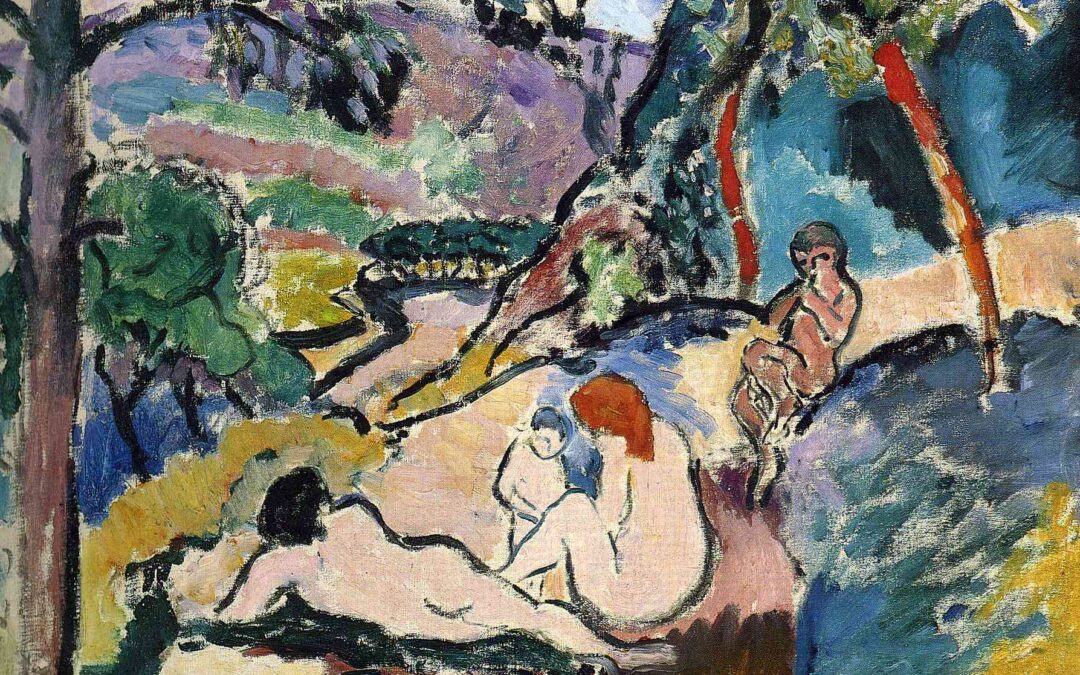 A pleasant picnicky scene in which Pan serenades a family. See Henri Matisse. Pastoral (1905), oil on canvas. Musée d’Art Moderne de la Ville de Paris, Paris. The painting was stolen in 2010 and not yet recovered.
A pleasant picnicky scene in which Pan serenades a family. See Henri Matisse. Pastoral (1905), oil on canvas. Musée d’Art Moderne de la Ville de Paris, Paris. The painting was stolen in 2010 and not yet recovered.
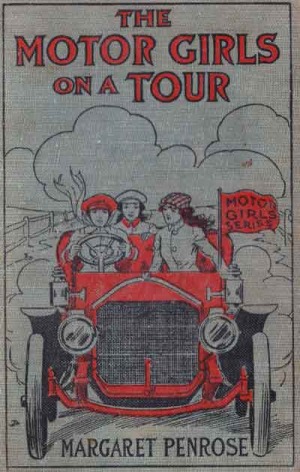 “Miss Grace,” as Grace Margaret Gould was known among fashionistas, advocated for motorcars and picnics but stopped short at women’s suffrage. Writing for Hearst Magazine’s Motor: An Illustrated Monthly Magazine Devoted to Motoring (1905), Gould puffed the “motor...
“Miss Grace,” as Grace Margaret Gould was known among fashionistas, advocated for motorcars and picnics but stopped short at women’s suffrage. Writing for Hearst Magazine’s Motor: An Illustrated Monthly Magazine Devoted to Motoring (1905), Gould puffed the “motor...
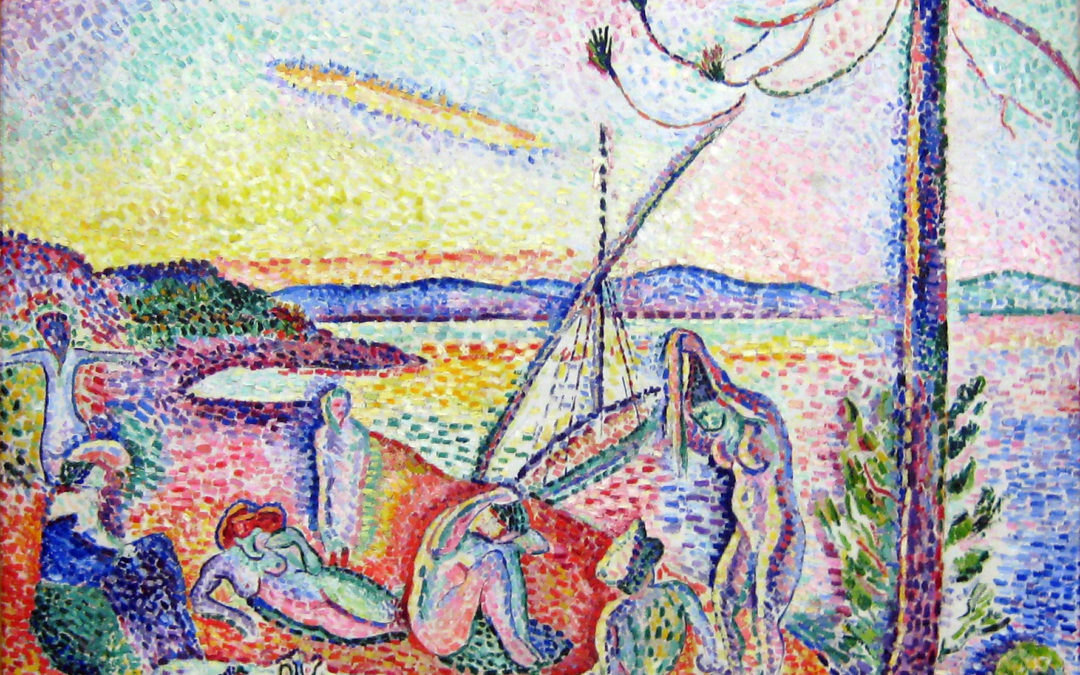 Luxe, Calme et Volupté, or Calm, Luxury, and Sensual Pleasure, was Matisse’s shimmering beach picnic at Saint-Tropez, was a belated response to Édouard Manet’s Luncheon on the Grass (1864). Painted in Saint-Tropez, Matisse’s atmosphere vibrates with glowing reds,...
Luxe, Calme et Volupté, or Calm, Luxury, and Sensual Pleasure, was Matisse’s shimmering beach picnic at Saint-Tropez, was a belated response to Édouard Manet’s Luncheon on the Grass (1864). Painted in Saint-Tropez, Matisse’s atmosphere vibrates with glowing reds,...
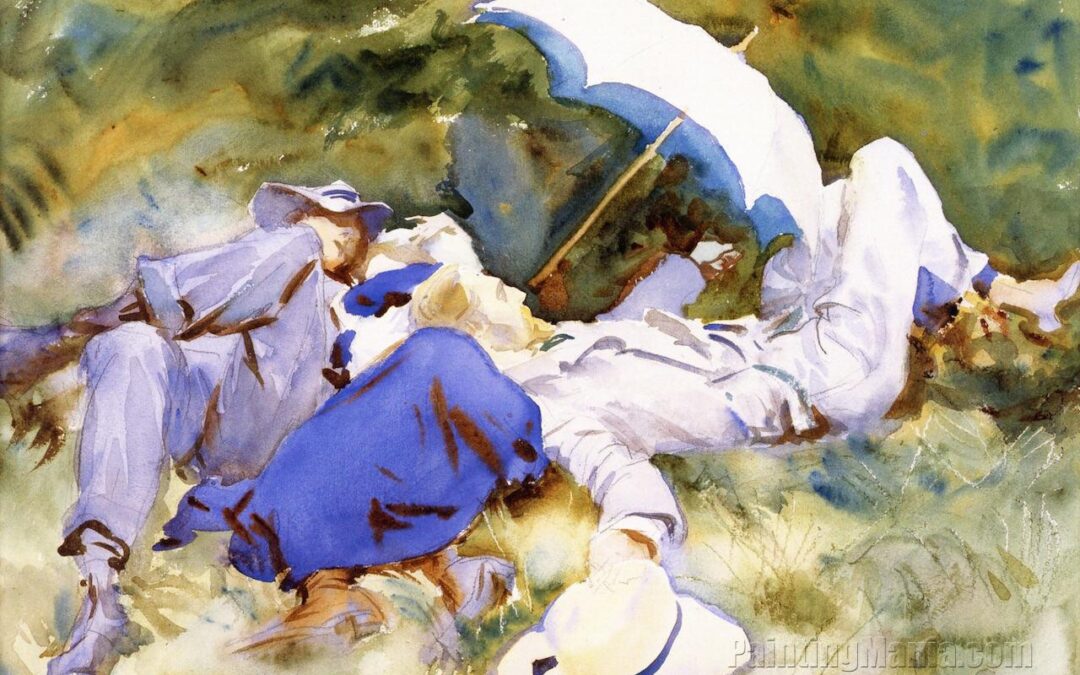 Sargent’s painting Group with Parasols, aka Siesta, (1905) a group of picnickers, including Sargent, sleeping on the grass shaded by parasols. Featured Image: A sleepy pinic. See John Singer Sargent. The group with Parasols, aka Siesta (1905), oil on canvas ...
Sargent’s painting Group with Parasols, aka Siesta, (1905) a group of picnickers, including Sargent, sleeping on the grass shaded by parasols. Featured Image: A sleepy pinic. See John Singer Sargent. The group with Parasols, aka Siesta (1905), oil on canvas ...
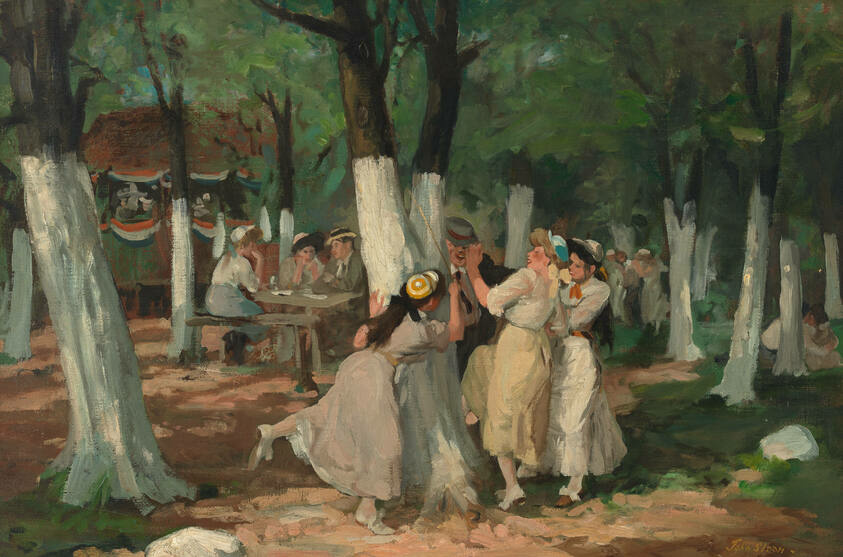 Sloan’s picnics are happy, and he uses the picnic theme intermittently, beginning with The Picnic Grounds, especially with South Beach Bathers (1909), The Picnic on the Ridge (1920), and Picnic, Arroyo Hondo (1938). The Picnic Grounds is a summer scene where young...
Sloan’s picnics are happy, and he uses the picnic theme intermittently, beginning with The Picnic Grounds, especially with South Beach Bathers (1909), The Picnic on the Ridge (1920), and Picnic, Arroyo Hondo (1938). The Picnic Grounds is a summer scene where young...
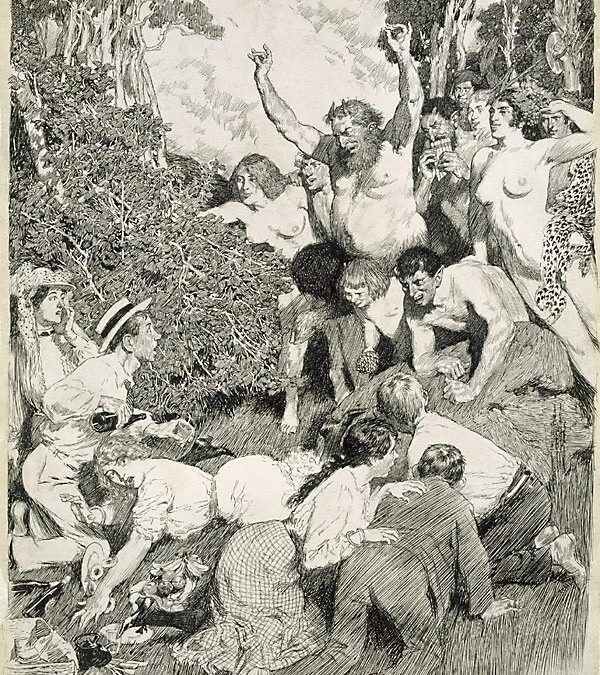 A joke is also at Norman Lindsay’s The Picnic Gods (1907) is a joke. Usually, Lindsay revels in titillation, naked buxom women, and muscular men. He took as his mission to rid Australia of its prudish sensibilities, and the content of his paintings and etchings...
A joke is also at Norman Lindsay’s The Picnic Gods (1907) is a joke. Usually, Lindsay revels in titillation, naked buxom women, and muscular men. He took as his mission to rid Australia of its prudish sensibilities, and the content of his paintings and etchings...
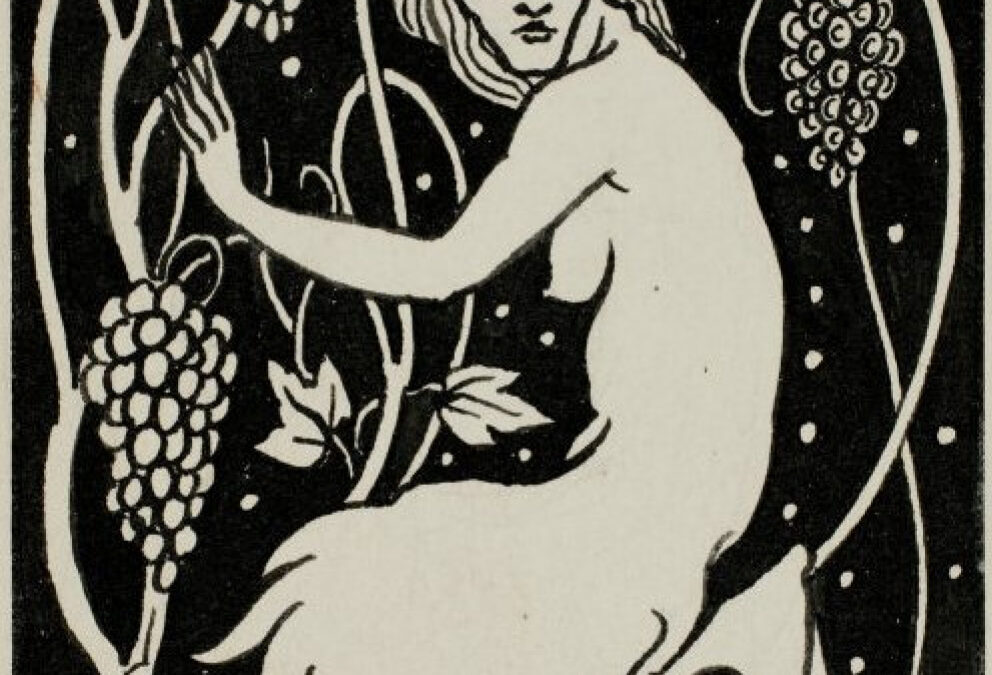 “The Curate’s Friend” is one of two of Forster’s coming-out stories published in The Celestial Omnibus. In “The Story of a Panic,” Pan appears in a whirlwind and rapes a young boy. In “The Curate’s Friend,” a Faun...
“The Curate’s Friend” is one of two of Forster’s coming-out stories published in The Celestial Omnibus. In “The Story of a Panic,” Pan appears in a whirlwind and rapes a young boy. In “The Curate’s Friend,” a Faun...
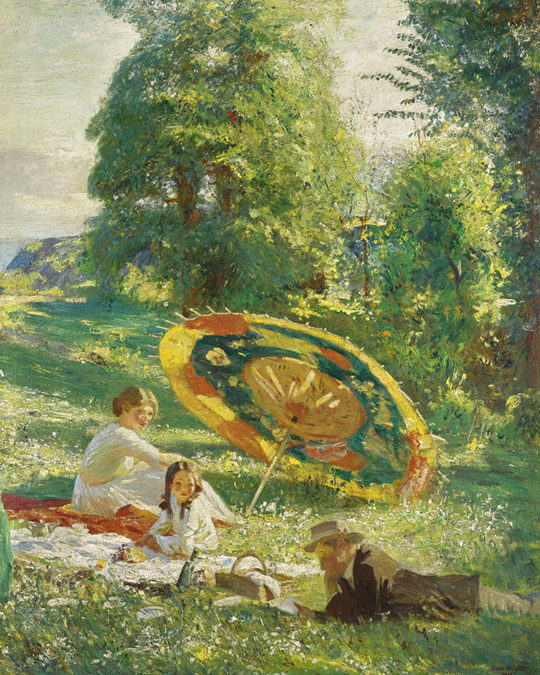 Knight developed her style while at the Lamorna Art Colony in west Cornwall. She was nineteen years old and married to Harold Knight. Among more experienced artists and congenial surroundings, she realized the freedom of expression and technique that lasted...
Knight developed her style while at the Lamorna Art Colony in west Cornwall. She was nineteen years old and married to Harold Knight. Among more experienced artists and congenial surroundings, she realized the freedom of expression and technique that lasted...
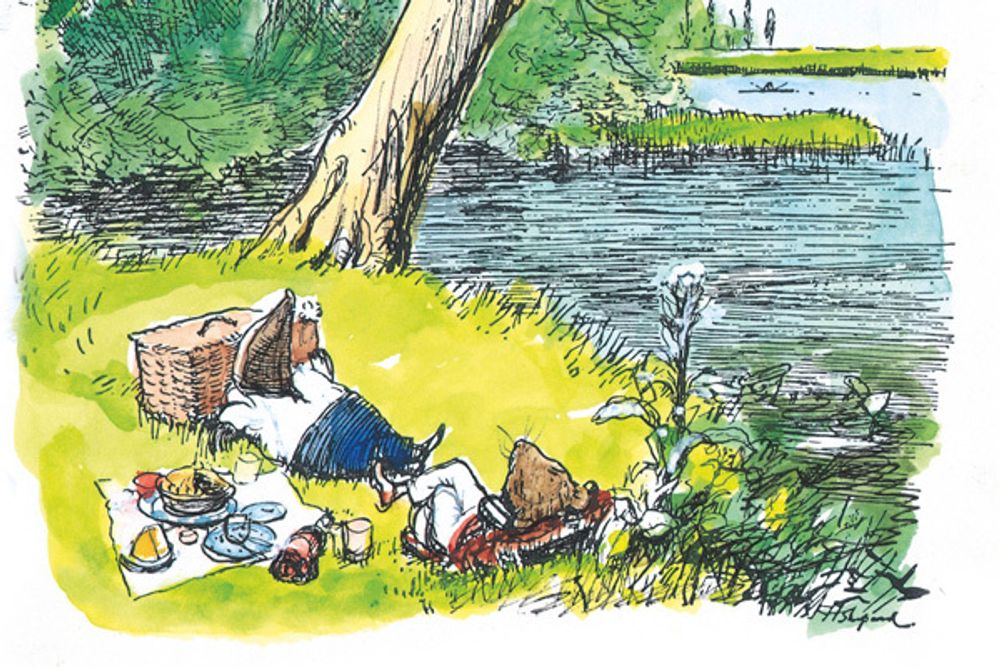 Grahame’s picnic in The Wind in the Willows (1908) is a wonder. What child (or adult) could ever conceive of a picnic for one eating basket full of “cold chicken. ....
Grahame’s picnic in The Wind in the Willows (1908) is a wonder. What child (or adult) could ever conceive of a picnic for one eating basket full of “cold chicken. ....
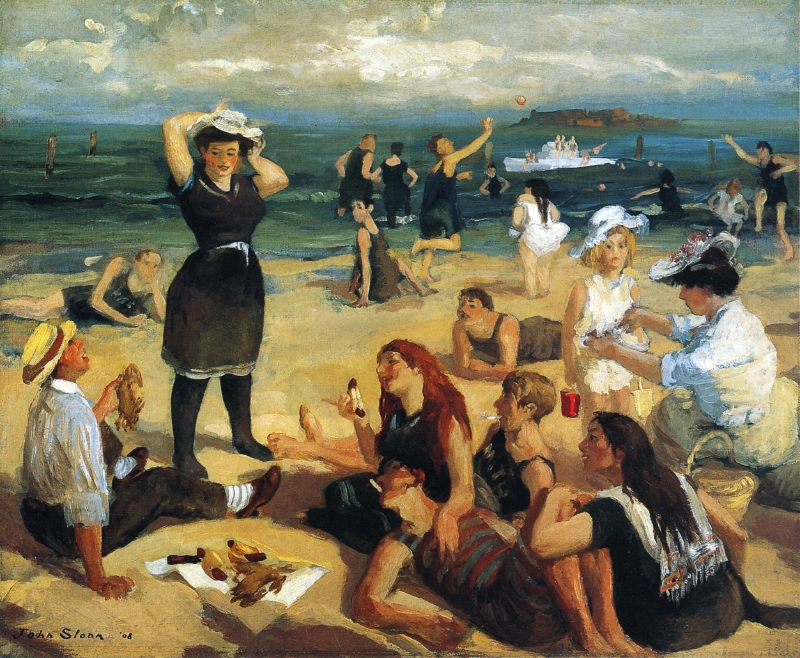 Sloan’s diary for his outing to South Beach and the Happy Land Amusement Park is laconic: June 23, 1907: “Dolly and I went to Staten Island, South Beach this afternoon by Municipal Ferry and Train. Our first visit and we found the place to our liking. Reminds one of...
Sloan’s diary for his outing to South Beach and the Happy Land Amusement Park is laconic: June 23, 1907: “Dolly and I went to Staten Island, South Beach this afternoon by Municipal Ferry and Train. Our first visit and we found the place to our liking. Reminds one of...
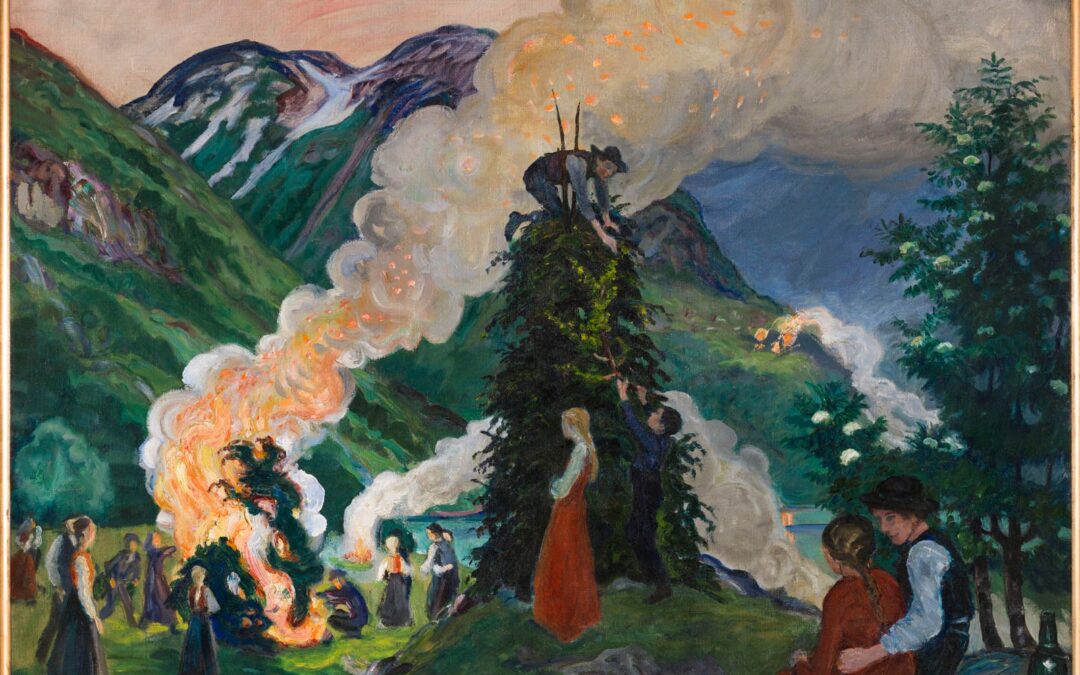 Astrum’s recurring theme is the picnic bonfires lighted on Midsummer’s Eve, June 23, marking the summer solstice. Though it’s a pagan holdover, Christians celebrate the evening honoring St. John the Baptist’s birthday on June 24. In deeply...
Astrum’s recurring theme is the picnic bonfires lighted on Midsummer’s Eve, June 23, marking the summer solstice. Though it’s a pagan holdover, Christians celebrate the evening honoring St. John the Baptist’s birthday on June 24. In deeply...
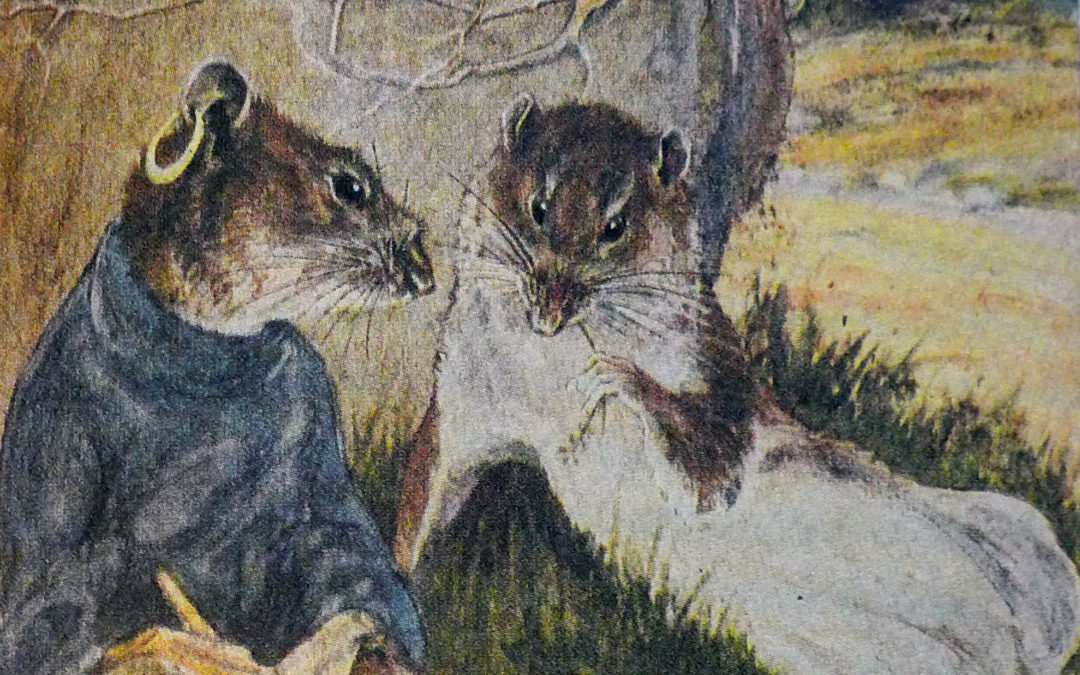 The other picnic in The Wind in the Willows is”Wayfarers All,” a somber conversation between Ratty and Sea Rat that alert readers will guess is an allusion to Samuel Taylor Coleridge’s Ancient Mariner. Here Sea Rat portrays the Ancient Mariner, whose...
The other picnic in The Wind in the Willows is”Wayfarers All,” a somber conversation between Ratty and Sea Rat that alert readers will guess is an allusion to Samuel Taylor Coleridge’s Ancient Mariner. Here Sea Rat portrays the Ancient Mariner, whose...
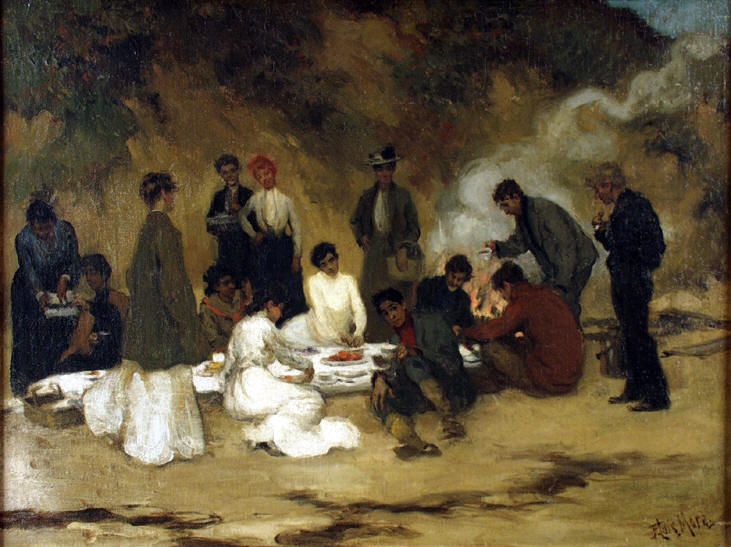 Mora flourished between the 1900s and the 1930s. At the time of his death in 1940, he had lost his following and is now among the almost forgotten American painters. Featured Image: F. Luis Mora Twilight Picnic (1905 c.), oil on canvas.
Mora flourished between the 1900s and the 1930s. At the time of his death in 1940, he had lost his following and is now among the almost forgotten American painters. Featured Image: F. Luis Mora Twilight Picnic (1905 c.), oil on canvas.
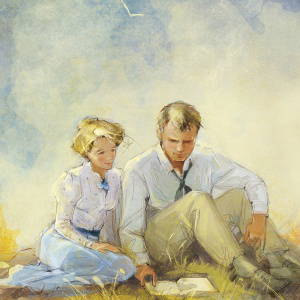 Picnics in Jack London’s Martin Eden contrast social disparities between the poor working and genteel upper classes. London’s Martin Eden alludes to Horatio Alger Jr.’s heroes who rise in society through hard work and education. But London disparages Alger’s optimism....
Picnics in Jack London’s Martin Eden contrast social disparities between the poor working and genteel upper classes. London’s Martin Eden alludes to Horatio Alger Jr.’s heroes who rise in society through hard work and education. But London disparages Alger’s optimism....
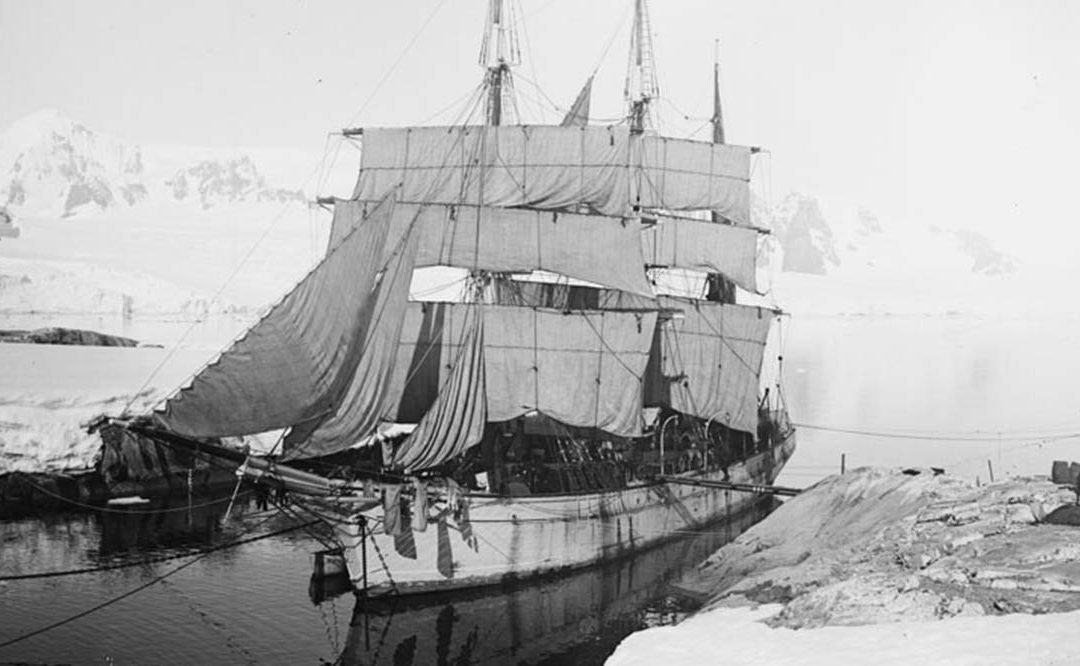 Charcot, Doctor of Medicine, and polar explorer picnicked twice in Antarctica. Each time, he used the situation to divert his crew from the boredom of being ice-bound. Charcot does not mention what they ate or drank in 1904 but uncharacteristically notes the episode...
Charcot, Doctor of Medicine, and polar explorer picnicked twice in Antarctica. Each time, he used the situation to divert his crew from the boredom of being ice-bound. Charcot does not mention what they ate or drank in 1904 but uncharacteristically notes the episode...
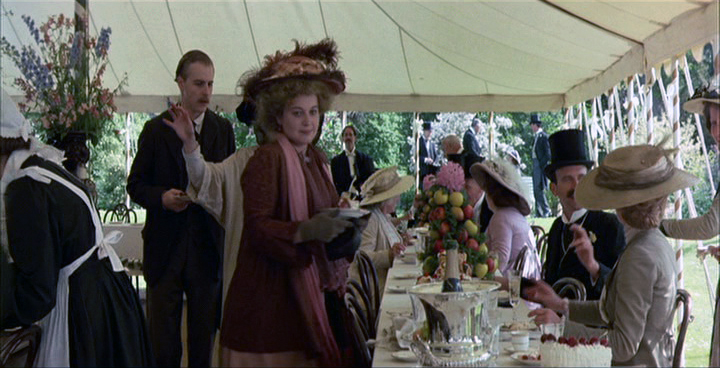 Henry Wilcox’s garden party for his daughter’s wedding s reveals Edwardian hypocrisy and predatory sexuality. It’s a turning point in Foster’s Howards End. Forster scants the dinner itself, but when it is about to end, the guests are in stages...
Henry Wilcox’s garden party for his daughter’s wedding s reveals Edwardian hypocrisy and predatory sexuality. It’s a turning point in Foster’s Howards End. Forster scants the dinner itself, but when it is about to end, the guests are in stages...
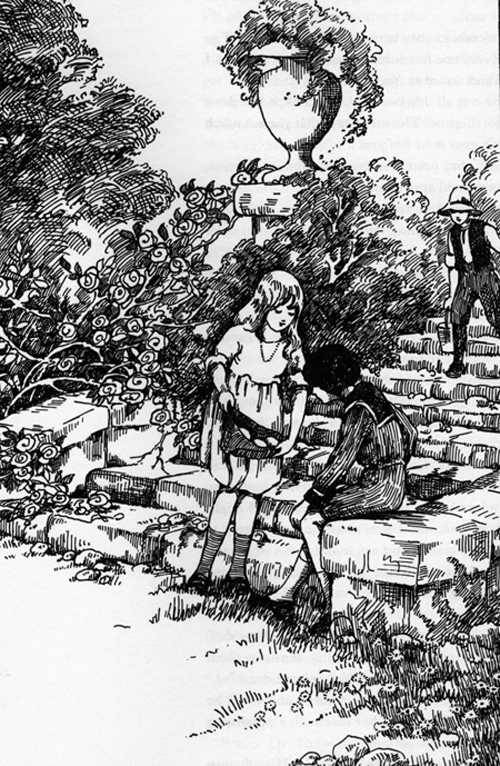 The real secret of The Secret Garden is that with enough picnics and plenty of food, any youth will be happy. Burnett’s The Secret Garden picnics occur in a derelict walled garden where Colin Craven, a fearful, make-believe invalid, and his cousin, Mary Lennox,...
The real secret of The Secret Garden is that with enough picnics and plenty of food, any youth will be happy. Burnett’s The Secret Garden picnics occur in a derelict walled garden where Colin Craven, a fearful, make-believe invalid, and his cousin, Mary Lennox,...
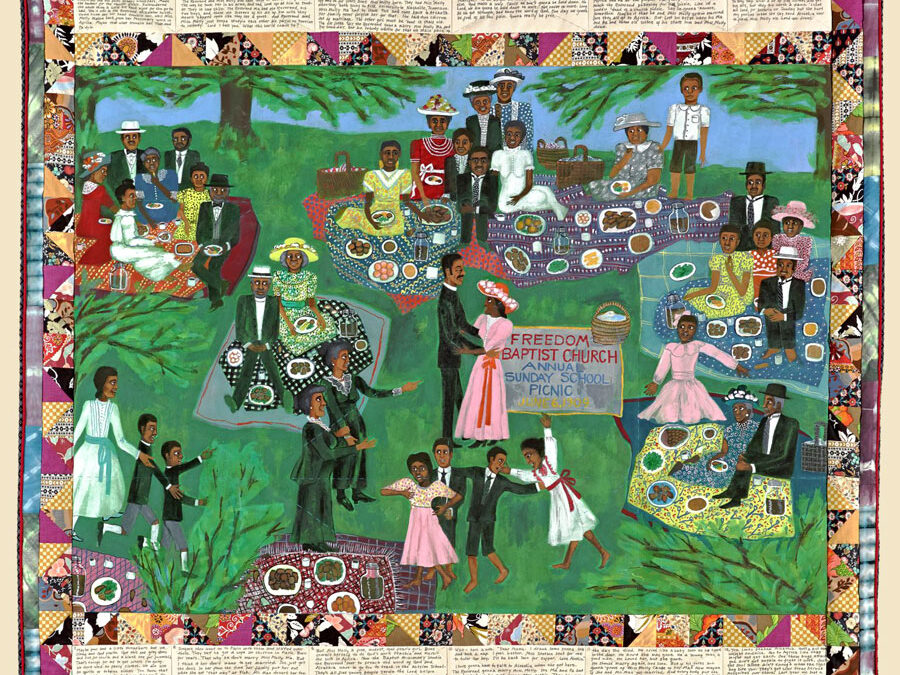 Washington’s “all day meeting” is also known as “dinner on the grounds.” It agrees with versions of meetings by William A. Clary, Edna Lewis, Bebe Meaders and maya Angelou. I’ve cited Washington’s whole passage because...
Washington’s “all day meeting” is also known as “dinner on the grounds.” It agrees with versions of meetings by William A. Clary, Edna Lewis, Bebe Meaders and maya Angelou. I’ve cited Washington’s whole passage because...
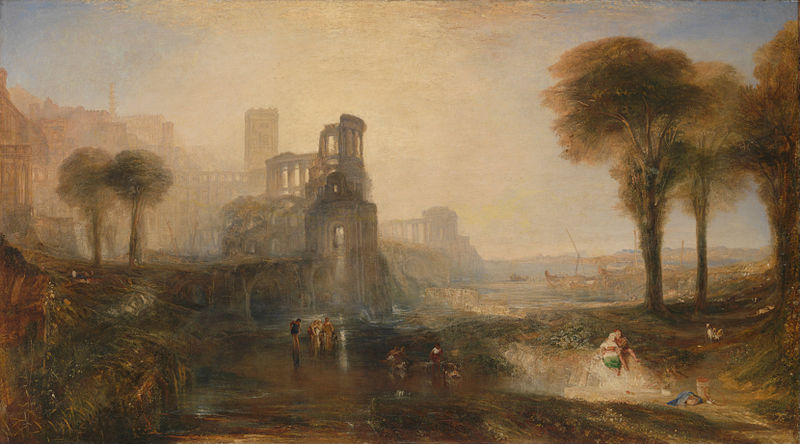 Before the picnic breaks up and all the guests are drowned in the Bay of Naples, peacock and eels are served. Baring’s sense of humor is satirical and macabre. Here is one of his jokes in Caligula’s Picnic, a one-act closet drama: Proteus: I once knew a...
Before the picnic breaks up and all the guests are drowned in the Bay of Naples, peacock and eels are served. Baring’s sense of humor is satirical and macabre. Here is one of his jokes in Caligula’s Picnic, a one-act closet drama: Proteus: I once knew a...
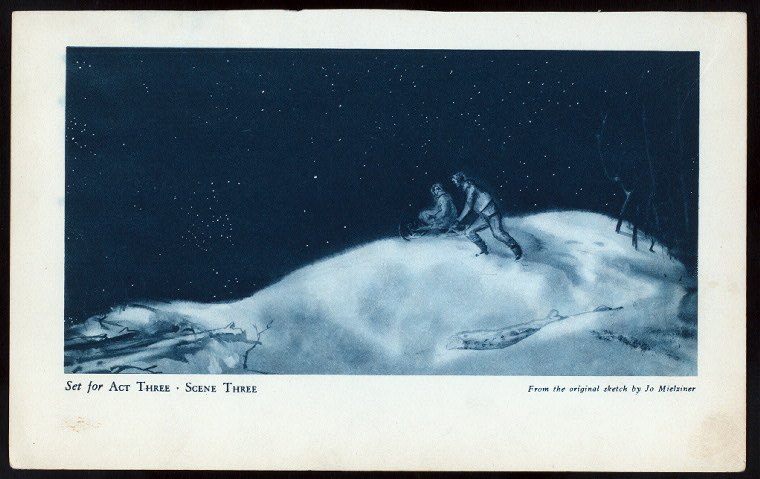 One exception to the unremitting cold in Wharton’s Ethan Frome is a summer church picnic when Ethan and Mattie Silver first feel love for one another. When Mattie is forced to leave, Frome drives her to the train station. Along the way, they stop by the frozen...
One exception to the unremitting cold in Wharton’s Ethan Frome is a summer church picnic when Ethan and Mattie Silver first feel love for one another. When Mattie is forced to leave, Frome drives her to the train station. Along the way, they stop by the frozen...





















